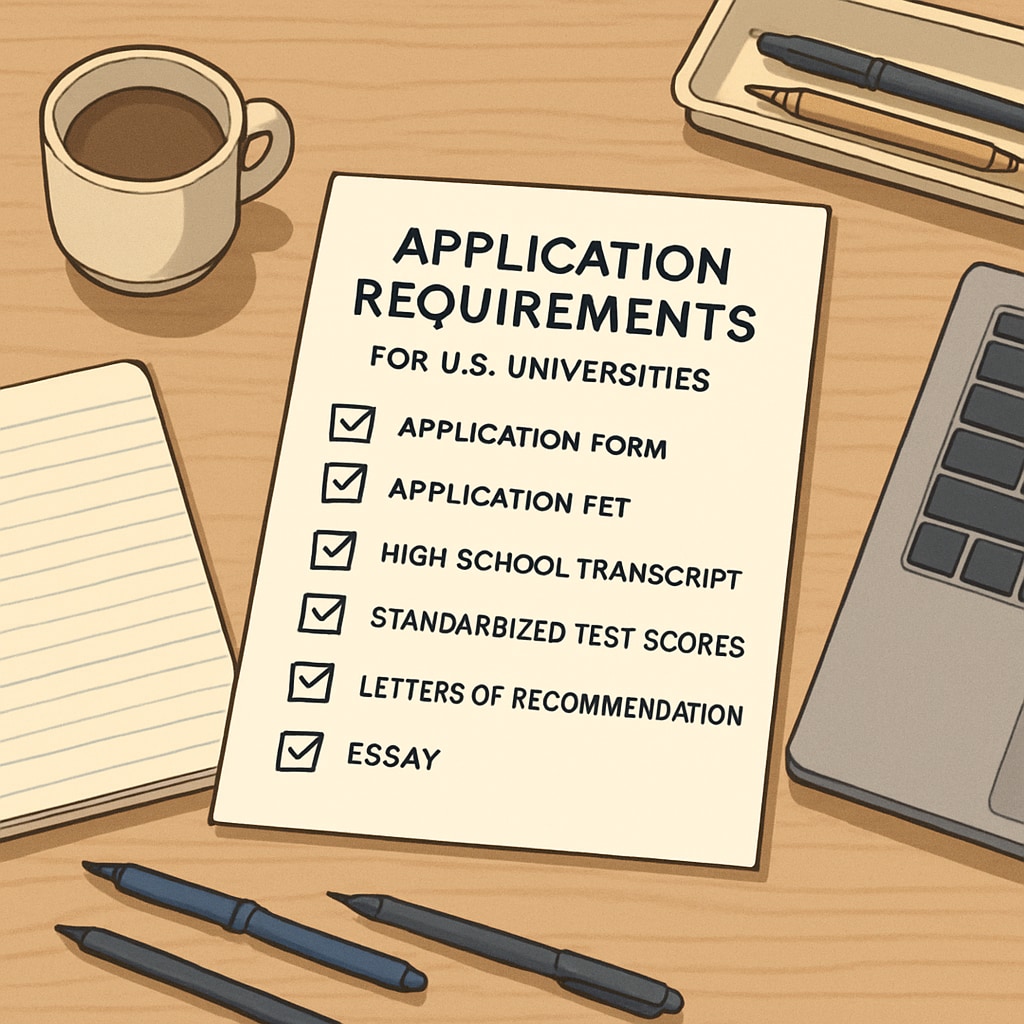With the growing demand for skilled professionals in data science, many international students are keen to pursue undergraduate degrees in this field at U.S. universities. However, navigating the admission process can be challenging, especially when it comes to understanding “IGCSE recognition,” “standardized test requirements,” and other critical factors. This article provides a detailed guide to help international students successfully apply for a data science program in the U.S., offering clarity on the application process, academic prerequisites, and recommended universities.
Understanding IGCSE Recognition and Academic Requirements
For international students, the recognition of IGCSE (International General Certificate of Secondary Education) qualifications is a crucial factor when applying to U.S. universities. While many institutions accept IGCSE as part of the high school equivalency requirements, students must ensure they meet the specific criteria set by each university. Typically, U.S. universities look for:
- Completion of IGCSE subjects with strong grades, often supplemented by A-levels or equivalent qualifications.
- Mathematics and science courses, as these are foundational for data science programs.
- Proof of English language proficiency through exams like TOEFL or IELTS, especially for non-native speakers.
It is essential to verify each university’s policies regarding IGCSE recognition to avoid surprises during the application process.

Key Standardized Test Requirements and Recommendations
In addition to academic qualifications, U.S. universities generally require standardized test scores as part of the application process. For data science applicants, the following tests are often mandatory or highly recommended:
- SAT or ACT: These tests assess critical reading, math, and reasoning skills. A strong performance, particularly in the math section, can boost your application.
- Advanced Placement (AP) Exams: AP courses in subjects like calculus, statistics, and computer science can demonstrate your readiness for data science coursework.
- English Proficiency Tests: As mentioned earlier, exams like TOEFL (Test of English as a Foreign Language) and IELTS (International English Language Testing System) are required for non-native speakers.
While some universities have adopted test-optional policies, submitting competitive scores can enhance your application’s appeal, especially for STEM (Science, Technology, Engineering, Math) programs like data science.
Application Process: Step-by-Step Guide
The application process for U.S. universities can be broken down into the following steps:
- Research and Shortlist Universities: Begin by identifying universities that offer strong data science programs and align with your academic profile and career goals.
- Prepare Required Documents: These typically include academic transcripts, personal statements, recommendation letters, and proof of English language proficiency.
- Submit Applications: Use platforms like the Common App or Coalition App to streamline the submission process. Ensure you meet all deadlines.
- Attend Interviews (if required): Some universities may request interviews to assess your fit for their program.
- Apply for Financial Aid: International students can explore scholarships and financial aid options to manage tuition costs.
Thorough preparation and organization are key to handling this multi-step process effectively.

Top U.S. Universities with Strong Data Science Programs
If you’re unsure where to apply, consider starting with these renowned institutions known for their data science programs:
- University of California, Berkeley: Offers a cutting-edge undergraduate data science program with a strong emphasis on interdisciplinary learning.
- Carnegie Mellon University: Known for blending computer science and statistics in its data science curriculum.
- Massachusetts Institute of Technology (MIT): Provides a data science track under its computer science and applied mathematics departments.
Other notable universities include Stanford University, the University of Michigan, and the University of Washington. Each of these institutions offers unique opportunities for aspiring data scientists.
In conclusion, applying to U.S. universities for a data science degree involves careful planning and understanding of the requirements. By focusing on IGCSE recognition, standardized test scores, and the application process, international students can increase their chances of securing admission to top programs. With the right preparation, you can embark on an exciting journey toward a successful career in data science.
Readability guidance: Use short paragraphs and bullet points to summarize key points. Maintain a balance of informative content and actionable advice. Incorporate transitions like “however,” “therefore,” and “for example” for better flow.


